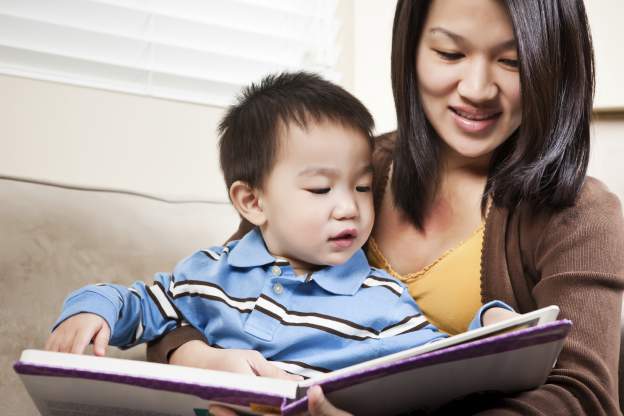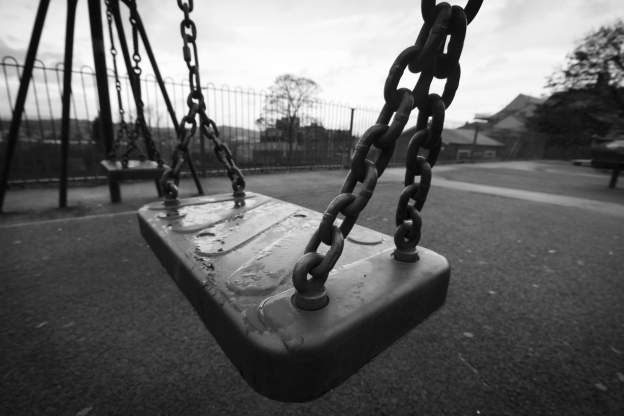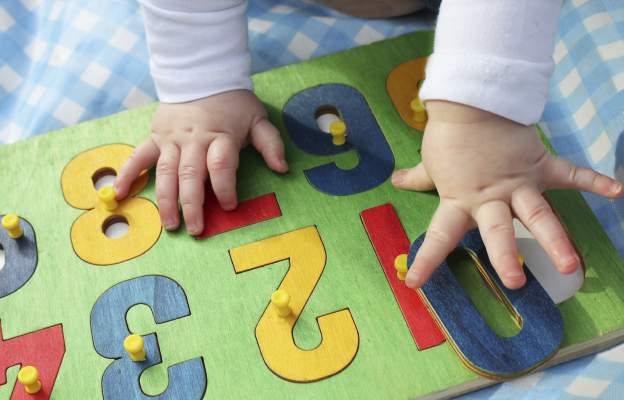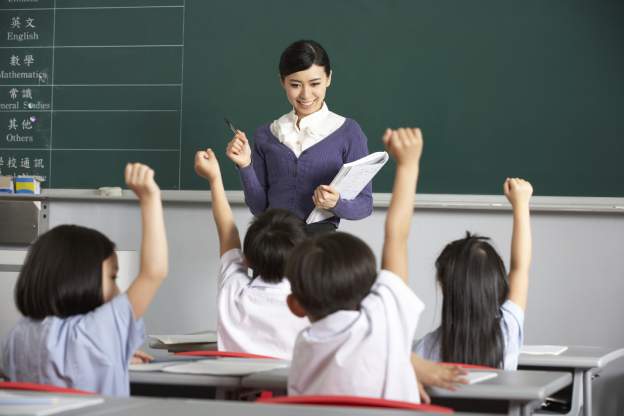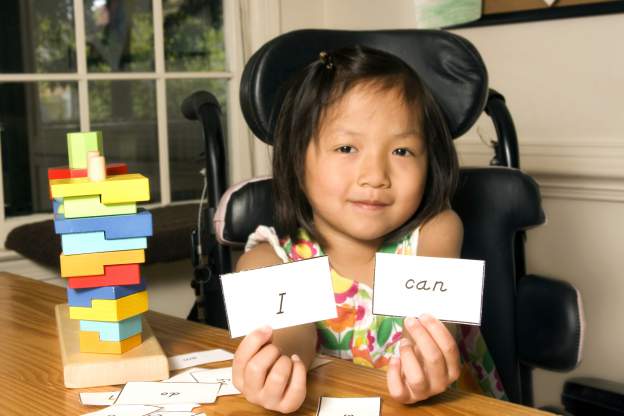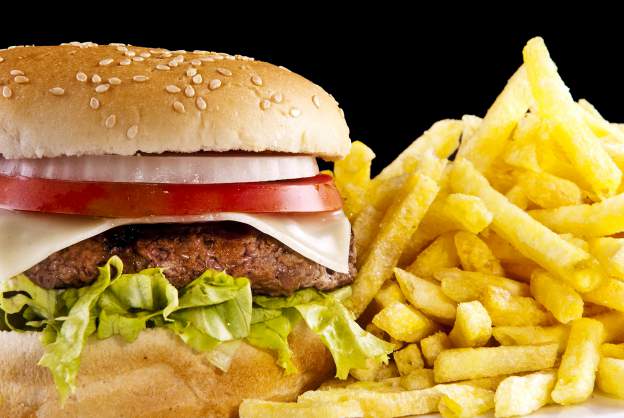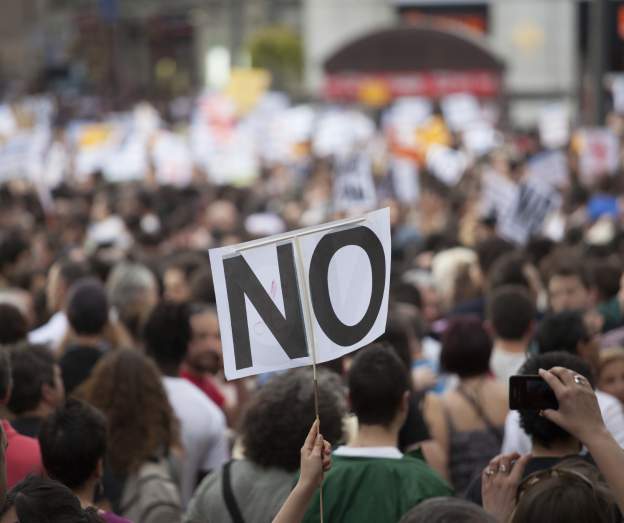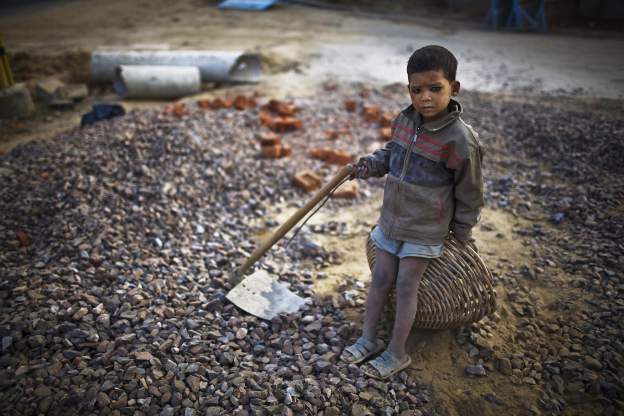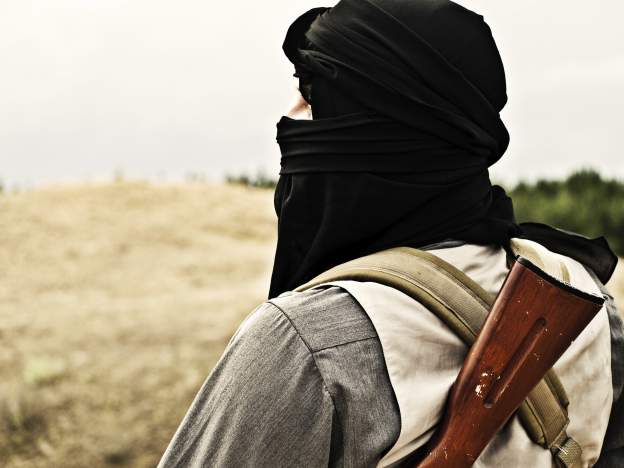SingaporeMotherhood | Parenting
December 2014
A Look Back At 2014: Top 10 Child & Family Centred Events

Outrage, fear and surprise were some of the emotions triggered by these events which made it to our Top 10 list. Here’s a look at what made the headlines in the realms of children and family in 2014. We would like to wish all our readers a Happy New Year!
[banner][/banner]
1. Ruffling Feathers: The NLB Saga
Earlier in July, the National Library Board (NLB) removed two children’s titles from its shelves, following e-mail complaints that the books were not “pro-family”. The books under scrutiny were “And Tango Makes Three”, depicting a pair of male penguins behaving like a couple, and “The White Swan Express: A Story About Adoption”, featuring two female partners trying to adopt a baby. NLB’s decision to shift the titles to the adult’s section later drew mixed reactions from Singaporeans, clearly divided into two camps: for and against. Some single parents took offence at the move while conservative Singaporeans from all walks of life called on others to scrutinise the library’s catalogue and not allow such titles to escape the radar. The real issue at heart was the presence of children’s books promoting an alternative lifestyle in a library located in a conservative community. NLB’s Chief Executive, Elaine Ng, stated that young children are the most frequent visitors at all 25 branches and that many browse unsupervised. Thus, there remains the need to take special care with the children’s section. Rest assured, parents will be able to leave their children to their own devices in the library in future. However, a plus point of this controversy is that it opened up an outlet for open-minded parents who wish to educate their children on the existence of alternative lifestyles or single-parent families. Afterall, every cloud has a silver lining.
2. Toddler Slapped at Toa Payoh Playground
An incident involving a man slapping a three-year-old child for having hit his own two-year-old caused a stir on citizen journalism site Stomp. The Stomper recounted that she could still see the red finger marks on the young victim’s face shortly after the act of violence. The occurrence which had sparked outrage amongst many took place at a playground in the vicinity of Toa Payoh Lorong 7. A passerby had commented that she reckoned that “the kids were just playing and one boy hit his child”. (http://bit.ly/1xfogje) it is undeniable that any parent would have been angry witnessing their child being hit by another, the unnamed man’s action remains unacceptable. Some netizens agreed that he should either have verbally reprimanded the child or reported the incident to the child’s parent or caregiver. While most people have been quick to judge and criticise the man’s action, a handful chose to comment on the catalyst – the toddler having hit the man’s child amidst a dispute between the two children. Issues of discipline, respect and interpersonal skills surfaced – all of which are crucial for the holistic development of a child. This was an isolated case that saw a loss of temper on the adult’s part and a socially unacceptable action by the child. The best way to avoid such a mishap? Parents can educate their children on what is deemed as unacceptable behaviour in social situations; taking other’s belongings without permission, raising one’s voice unnecessarily, physically hurting others, etc. Also, remember to provide explanations for each of the rules being implemented so that junior understands why each one must be observed at all times!
3. Pre-school Fees Set to Increase Again
It was announced in late September that 3 major pre-school chains would be raising their fees in 2015. They are NTUC’s My First Skool, PAP Community Foundation (PCF) and Metropolitan YMCA’s My World Preschool. The chains have cited increasing operating costs for their raises of between $4 and $62. The impact of the fee hike on lower and middle-income families was an initial cause for concern but the Early Childhood Development Agency (ECDA) assured that out-of-pocket expenses would be considerably lower with childcare subsidies. Currently, all parents, regardless of income, are granted a basic subsidy of $300 a month for full-day childcare. Poorer families receive more aid via a second subsidy computed based on their household income. Although there was the usual initial expression of dismay amidst the population of parents, the hype surrounding this announcement did not last for long as there was no pressing cause for prolonged concern. Singaporean parents of current pre-schoolers and young Singaporean couples who are planning to start a family can be at peace knowing that our government will always have measures in place to ensure that no child is denied of pre-school education.
4. Primary Schools Oversubscribed at Phase 2B
31 primary schools here were still oversubscribed when Phase 2B of the Primary 1 Registration ended, despite the introduction of cooling measures. Ai Tong Primary, CHIJ St. Nicholas Girls’ School, Methodist Girls’ School and Tao Nan School were some of the 31 schools in hot demand. The Ministry of Education had implemented a new rule this year which required all primary schools to reserve 40 places, split equally between phases 2B and 2C, prior to the registration exercise. This was meant to cool the demand for the more popular primary schools, some of which had less than 20 spots available at phases 2B and 2C in 2013. With the cooling measures having failed to fulfill their intended purpose, one would be inclined to scrutinise the underlying cause – the undying Singaporean desire to be part of elite educational institutions? In his National Day Rally speech last year, Prime Minister Lee Hsien Loong had reiterated the new notion that “every school is a good school”. But are parents thoroughly convinced that there are no differences between an independent school and a neighbourhood school? Some are still sitting on the fence while only a handful are truly convinced. A Straits Times report (http://bit.ly/1B3sg7K) featured 36-year-old Terry Ng, a regular in the SAF, who secured a place for his daughter at Ngee Ann Primary School after completing 40 hours of volunteering there. He said: “I believe that my daughter can do well in an above-average school with good parent support.” Well, there you go – the equation is complete only when parents play an active role in their child’s academic journey.
5. Limiting Technology: Even Steve Jobs Did
The New York Times published an article titled “Steve Jobs Was A Low-Tech Parent” on 17 September, which was later picked up by The Straits Times. The late CEO of Apple had stated that he limited the amount of technology his children were exposed to at home – that’s news! (http://nyti.ms/1uxr8oB) In Jobs’ defence, Chris Anderson, the former editor of Wired magazine and Chief Executive of 3D Robotics, said, “That’s because we have seen the dangers of technology firsthand.” What exactly might these dangers be? With regards to children, the ill effects of sleek gadgets include attention deficit issues, disruption of eating and sleeping patterns, difficulties at school and obesity, all of which would pose considerable distress for any parent. Although there currently exist no official guidelines in Singapore on the usage of smart devices by children, the American Academy of Paediatrics advises restricting screen time to no more than 2 hours a day for school-going children. For little ones yet to turn 2, it would be best to avoid these high-tech gadgets altogether. Earlier in April, the Association of Teachers & Lecturers in Britain warned that many nursery-age children are capable of swiping a screen but are not equipped with motor skills to play with building blocks. Whether or not a child’s tech addiction can be curbed rests in the hands of parents; it’s all about striking a balance. There are a myriad of tech-free activities for children to explore – crafts, sports, board games, and the list goes on. So why not start 2015 on a low-tech note?
6. Inclusive Preschool to Be Launched in 2015
On 2 December, it was revealed that a new pre-school in Redhill set up by philanthropic organisation Lien Foundation and voluntary welfare group Asian Women’s Welfare Association (AWWA) would be the first in Singapore to integrate typically developing children with children with special needs. Enrolment will commence in mid-2015 and the pre-school will not have physiotherapy rooms or dedicated enclosures to separate the children. This move which ultimately aims to promote inclusivity was mostly met with positivity by parents and early childhood educators alike. The Assistant Director of AWWA, Ms. Christina Van Huizen, stated: “In the true spirit of inclusion, we will take in children with all ranges of special needs, including those with medical needs.” It was a heartwarming statement which would have definitely struck a chord with parents of children with special needs who do not wish for their children to be stigmatised or sidelined in educational institutions. 30 percent of the pre-school’s enrolment spaces will be allocated to children with special needs. The launch of this pre-school will also provide an avenue for typically developing children to learn how to be sensitive to the needs of their peers with special needs. Parents of typically developing children will also appreciate the opportunity given to their children to help their counterparts with special needs wherever possible, thus laying the foundation for becoming gracious little citizens.
7. New Restrictions on Food Advertising for Children
The Ministry of Health, Health Promotion Board (HPB), Advertising Standards Authority of Singapore (ASAS) and food and media industries’ representatives have drawn up a new set of guidelines which will prevent food and beverage firms from advertising junk foods to children aged 12 and below. Starting January 2015, companies that wish to advertise their food and drink products to children below 12 must ensure that they meet the Common Nutrition Criteria. This standard is endorsed by the HPB in a bid to control the intake of detrimental ingredients such as sodium, saturated fats and sugar. The reason behind this move? These guidelines are meant to strengthen Singapore’s battle against childhood obesity, which puts a child at higher risk of suffering from heart disease, diabetes or hypertension in adulthood. Past studies have shown that advertisements are capable of influencing a child’s dietary preferences and eating patterns. It is of course impossible for parents to keep an eye on what their children are consuming 24/7. Nevertheless, the inculcation of positive eating practices should always begin at home. Parents can help their children distinguish between healthy foods and unhealthy foods while taking them on regular grocery shopping trips. It’s never too late to start, so why not make 2015 the beginning of your family’s nutritious diet?
8. Hong Lim Park Rally: Children with Special Needs Heckled
A protest rally on 27 September turned ugly as it competed for space with a charity carnival at Hong Lim Park; protesters heckled children with special needs. The rally was organised by blogger Han Hui Hui, who had led the group gathered to hear her comments on CPF issues, was joined by defamed blogger Roy Ngerng. The catalyst came when marchers paused in front of a stage and chanted derogatory slogans just when a group of children with special needs was about to commence a dance performance. Video footage of the incident which was uploaded on various social media platforms drew immediate criticism from netizens. The general consensus was that disrupting the children’s routine could not be justified no matter how righteous the protesters thought their own cause to be. The sense of sympathy generated by this heckling incident is more than usual because it involves children with special needs who would have rehearsed arduously to stage their performance. Some netizens chose to throw a spanner in the works by questioning whether sentiments would have been the same had the children been from mainstream schools. Rest assured, most Singaporeans agreed that the sense of sympathy would not have diminished. Children are children, and their security should never be compromised in a public or domestic space no matter the circumstances. Parents can utilise this incident as a teaching point; why the actions of the protesters were wrong and the need for an inclusive society.
9. Nobel Peace Prize: The Fight Against Child Slavery
One of the co-winners of the Nobel Peace Prize this year was Mr. Kailash Satyarthi, an Indian anti-child labour activist. He has been at the forefront of the fight against child labour in India, where the practice is rampant. The plight of Indian children forced into the worst types of abusive labour is downright disturbing. Punishments for crying for their parents include being harshly whipped, hanging them upside down from trees or burning them with cigarette butts. There is no consolation in this equation – the price to pay for these brutalities is the sacrifice of education. Mr Satyarthi’s efforts were honoured by the Norwegian Nobel Committee as he fought for the rights of all Indian children to education. Education which is made easily accessible to all Singaporean children is sometimes grumbled about or taken for granted here while it is still in the process of being fought for, for many, over in India. Parents, the successful products of the Singaporean education system, and children, the current subjects being moulded by our highly lauded system, should count their blessings at this juncture. Education undoubtedly remains the passport to a brighter future, not only in Singapore but in other developed nations around the globe as well. It is important to let our young ones know that what is readily offered to them today is the result of the labour of our esteemed pioneers.
10. Peshawar School Massacre
A ruthless terrorist attack on the Army Public School in the Pakistani city of Peshawar on 16 December jolted citizens around the globe out of their festive merriment. The massacre resulted in the loss of 145 lives, of which included 132 school children. Although terrorism has actively reared its ugly head over the past decade or so, such incidents undoubtedly hit a raw nerve when we learn that innocent budding lives have been savagely sacrificed. The event has left its mark on Pakistani history as the deadliest terrorist attack ever, surpassing the Karachi bombing in 2007. The domain of family has perennially been the cold target of terrorist groups. News reports stated that the Pakistani Taliban said it targeted the sons of officers from the Pakistani Army as a form of revenge. The environment comprising bombs, bullets and bloodshed might be one which Pakistani children are accustomed to, but it is in stark contrast to the tranquility Singapore offers. As tragic as this event has been, the ultimate takeaway for parents and children alike would be to appreciate the undeniable fact that our schools here are near epitomes of safety. Some of us might be guilty of taking our peace and stability for granted, but with SG50 celebrations just around the corner, there can be no better time to reflect on Singapore’s infrastructure which protects the unit of family.
All content from this article, including images, cannot be reproduced without credits or written permission from SingaporeMotherhood.
Follow us on Facebook, Instagram, and Telegram for the latest article and promotion updates.




